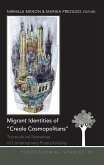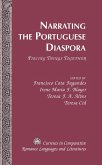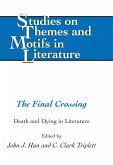Using multiple forms of postcolonial critique, this book turns back to salient eighteenth-century British lives and work for a different kind of enlightenment. Among its central subjects are the elusive subjectivity of William Collins; the exilic religious experience of William Cowper and its multiple readings in the twentieth century by a self-fashioned exilic, Donald Davie; the «missed encounter» between Christopher Smart and Samuel Johnson, and the ways in which that problem was re-inscribed in the work of W. Jackson Bate and Lionel Trilling; the problem of imperial fixity in James Cook's journals with a view to Gray's «Elegy» and Goldsmith's «Deserted Village»; and the problem of purity as a paradoxically privileged and exilic force in the work of John Newton and Christopher Smart. In these explorations, this book illustrates both an expanded view of eighteenth-century colonial liabilities and a new emphasis on postcolonial critique as a means of exploring the fissures always present in imperial ambition.
Dieser Download kann aus rechtlichen Gründen nur mit Rechnungsadresse in A, B, BG, CY, CZ, D, DK, EW, E, FIN, F, GR, HR, H, IRL, I, LT, L, LR, M, NL, PL, P, R, S, SLO, SK ausgeliefert werden.









